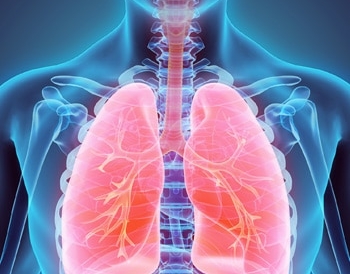Breath is Life
The burden of chronic obstructive pulmonary disease (COPD) has grown over the last several decades, particularly in specific populations such as women and individuals living in rural areas. COPD is not simply a “smoker’s cough” but an underdiagnosed, life-threatening lung disease. A multitude of factors must be considered when selecting the most appropriate inhaled medication for each patient with COPD. These factors include the patient’s ability to use the device properly, the need for multiple inhaled medications, convenience, patient preferences, clinical evidence, symptom burden, and exacerbation risk. In light of the numerous options available for maintenance therapy for patients with COPD, choosing the most appropriate treatment can be challenging. Moreover, the Global Initiative for Chronic Obstructive Lung Disease (GOLD) consistently updates management recommendations to reflect the latest advances and inform treatment selection. Despite these advances, the management of COPD remains inadequate. The Respiratory Education Hub has been developed to assist health care providers in the diagnosis and management of COPD with CME/CE certified activities from renowned experts in the field, animations that can be used as a teaching tool for team members and patients, and downloadable resources to use in practice.






